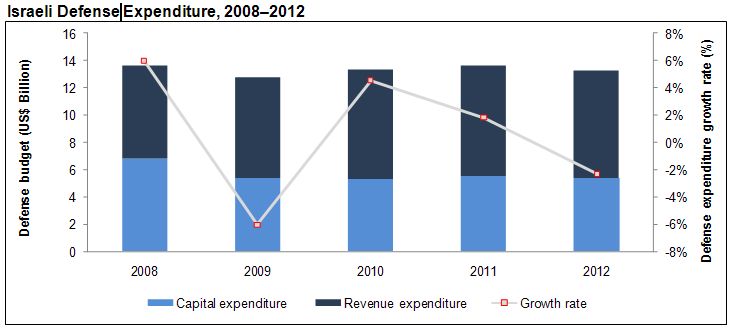WASHINGTON, Nov. 15, 2010 — Secretary of State Hillary Rodham Clinton and Defense Secretary Robert M. Gates have reiterated their call to the Senate to ratify the New Strategic Arms Reduction Treaty that will give U.S. inspectors access to Russian strategic sites and reduce both countries’ nuclear weapons stockpiles.
“Time is running out for this Congress,” the secretaries warned in a joint opinion piece in yesterday’s Washington Post newspaper. “Until a new treaty comes into force, our inspectors will not have access to Russian missile silos and the world’s two largest nuclear arsenals will lack the stability that comes with a rigorous inspection regime.”
The START treaty expired in December, and President Barack Obama and Russian President Dmitry Medvedev signed the New START in April, but it requires U.S. congressional support to take effect.
The treaty has broad bipartisan support from six former secretaries of state, five former secretaries of defense and three former national security advisers, along with seven former commanders of U.S. Strategic Command and the entire current U.S. military leadership, Clinton and Gates noted.
“They understand that nuclear dangers did not disappear with the Soviet Union and that we have a responsibility — to Americans and our allies — to keep our eyes on the world’s other major strategic nuclear arsenal,” they wrote.
The secretaries emphasized the national security objectives the new treaty will advance: “reducing the number of deployed nuclear weapons while retaining a safe and effective deterrent; providing direct insight into Russia’s nuclear arsenal; and creating a more stable, predictable and cooperative relationship between the world’s two leading nuclear powers.”
It also will put into place an effective verification regime to track each side’s progress in reducing its arsenal to 1,550 strategic warheads and set the stage for future arms reductions, they wrote.
Meanwhile, they emphasized that the treaty “will not restrict our ability to modernize our nuclear forces.”
The treaty also will enable the United States to maintain a robust nuclear deterrent while continuing to develop and deploy the most effective missile defenses as well as the most effective conventional capabilities, they wrote. It also will enable the country to make investments, as needed, to maintain a secure and effective nuclear stockpile.
“Every president since the beginning of the Cold War has opted for verifiable arms control deals,” and each time, the Senate has supported these treaties by “overwhelming margins,” the secretaries wrote.
“The New START Treaty also deserves prompt ratification,” the concluded. “Our national security depends on it.”
Source:
U.S. Department of Defense
Office of the Assistant Secretary of Defense (Public Affairs)

 von
von 